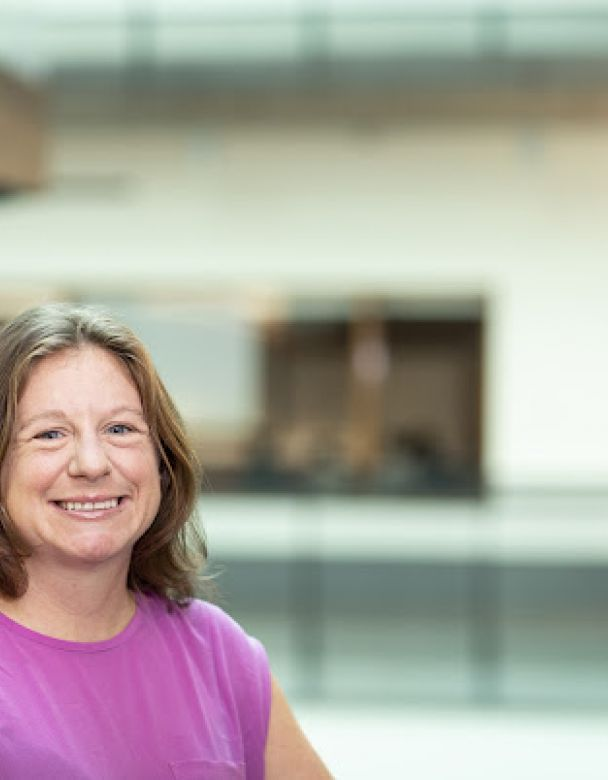One of the spinoffs of the design of school choice systems in Boston, NYC and elsewhere is that it has opened up the empirical study of school effectiveness, by allowing economists to use some randomness in the assignments while controlling for family preferences to distinguish school effects from student selection. It has turned out that it's hard to change test scores through school assignments, and neighborhoods remain important. But integration responds to voluntary choice, although the paper below doesn't find effects on college attendance after controlling for the selection of travel by students.
Still Worth the Trip? School Busing Effects in Boston and New York by Joshua Angrist, Guthrie Gray-Lobe, Clemence M. Idoux & Parag A. Pathak, NBER WORKING PAPER 30308 DOI 10.3386/w30308 July 2022
Abstract: "School assignment in Boston and New York City came to national attention in the 1970s as courts across the country tried to integrate schools. Today, district-wide choice allows Boston and New York students to enroll far from home, perhaps enhancing integration. Urban school transportation is increasingly costly, however, and has unclear integration and education consequences. We estimate the causal effects of non-neighborhood school enrollment and school travel on integration, achievement, and college enrollment using an identification strategy that exploits partly-random assignment in the Boston and New York school matches. Instrumental variables estimates suggest distance and travel boost integration for those who choose to travel, but have little or no effect on test scores and college attendance. We argue that small effects on educational outcomes reflect modest effects of distance and travel on school quality as measured by value-added."
"School transportation expenditures today are driven in part by the fact that many large urban school districts allow families to choose schools district-wide, lengthening school commutes for some. District-wide choice is a feature of school assignment in Boston, Chicago, Denver, Indianapolis,Newark, New Orleans, Tulsa, and Washington, DC, to name a few. In choice districts, seats at over-subscribed schools are typically allocated by algorithms that reflect family preferences in the form of a rank-order list and a limited set of school priorities. ... Choice in large urban districts is appealing because choice systems potentially decouple school assignment from underlying residential segregation. Moreover, where school quality is unevenly distributed over neighborhoods, district-wide choice affords all students a shot at schoolsviewed as high-quality.
"This paper asks whether school travel in the modern choice paradigm is working as hoped, boosting integration and learning, especially for minority students. Our investigation focuses on Boston and New York, two cities of special interest because of their high transportation costs and because they’ve long been battlegrounds in the fight over school integration. We estimate the effects of non-neighborhood school enrollment for students for whom school travel is facilitated by school choice. In both cities, students who opt for non-neighborhood schooling have higher test scores and are more likely to go to college than those who travel less. But these estimates may reflect selection bias arising from the fact that more motivated or better-off families are more likely to travel.
"We solve the problem of selection bias using the conditional random assignment to schools embedded in Boston and New York’s school matching algorithms. A given student may be offered a seat at a school in his or neighborhood, or a seat farther away. Conditional on an applicant’s preferences and school priorities, modern choice algorithms randomize seat assignment, thereby manipulating distance and travel independently of potential outcomes.
...
" A parsimonious explanation for our findings, therefore, is that travel facilitates integration but does not translate into large enough changes in value-added to change education outcomes much."












